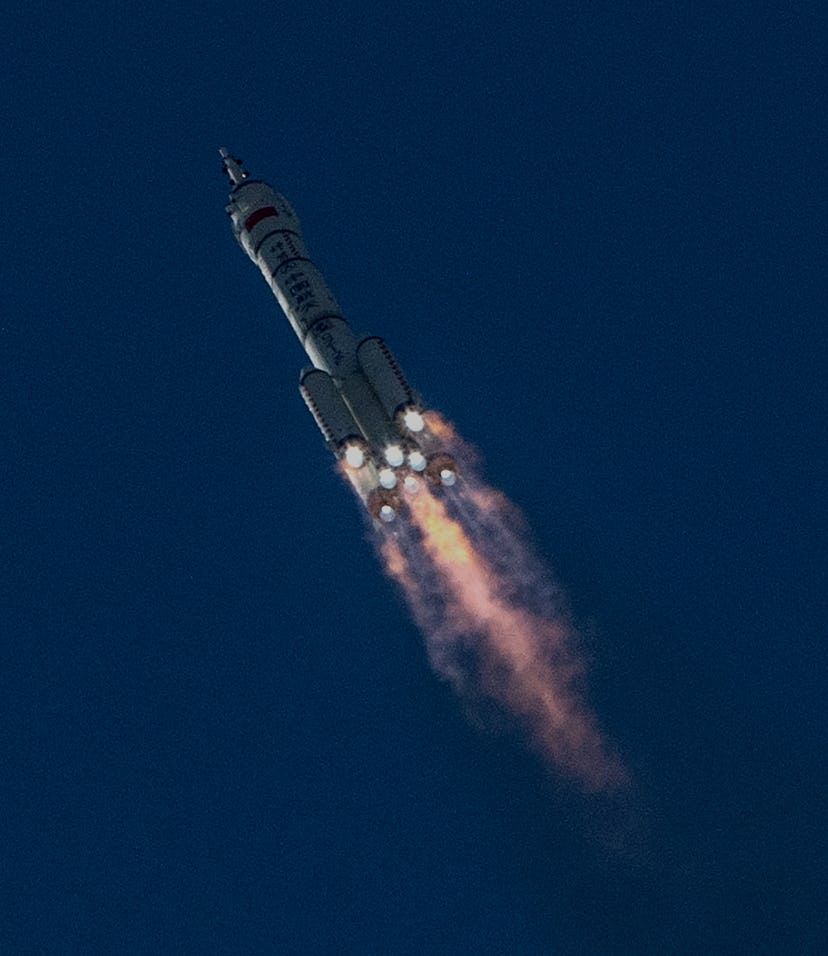Course Correction
Rocket on collision course with the Moon may belong to China, not SpaceX
The upper stage of a rocket is estimated to smack into our moon in March, but you can't blame Elon Musk (this time).

A few weeks ago, astronomers noticed that a large hunk of human-made space debris was right on track to smack into the Moon, and naturally hypothesized it was probably all Elon Musk’s fault. Over the weekend, however, keen-eyed observers further analyzing the data adjusted their claims regarding the upcoming lunar marring — it is not, in fact, SpaceX’s rocket spiraling towards Earth’s satellite, but one belonging to the Chinese Space Agency. To paraphrase their research: “Our bad, everyone.”
“Essentially, I had pretty good circumstantial evidence for the identification, but nothing conclusive,” explains Project Pluto’s Bill Gray in an updated post published Saturday. “...In hindsight, I should have noticed some odd things about WE0913A's orbit.” In any case, a closer inspection makes a pretty certain case that it’s China’s Chang'e 5-T1 booster, which was launched back in 2014. The rocket is still scheduled to smack into the Moon on March 4 at around 5,700 mph, at which point it will create a crater roughly 65 feet in diameter.
Meanwhile, at SpaceX — Alright, alright. So this upcoming cosmic “whoops” isn’t actually Elon Musk’s and SpaceX’s fault, but that doesn’t let them off the hook for all the other stuff going on with the private spacefaring company. At the tail-end of last year, five former employees came forward with allegations of a horrid sexual misconduct climate at SpaceX, often fostered by none other than the Technoking himself. Meanwhile, the Starlink satellite internet project continues to offer extremely expensive, shiny alternatives to pre-existing technology.